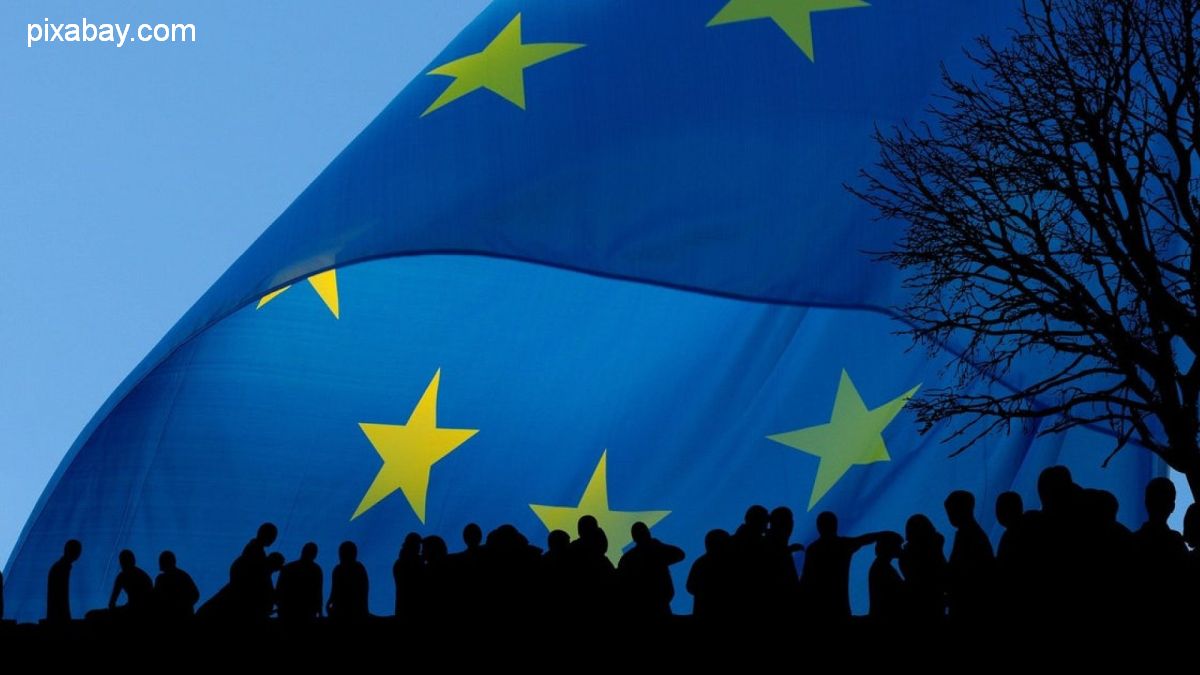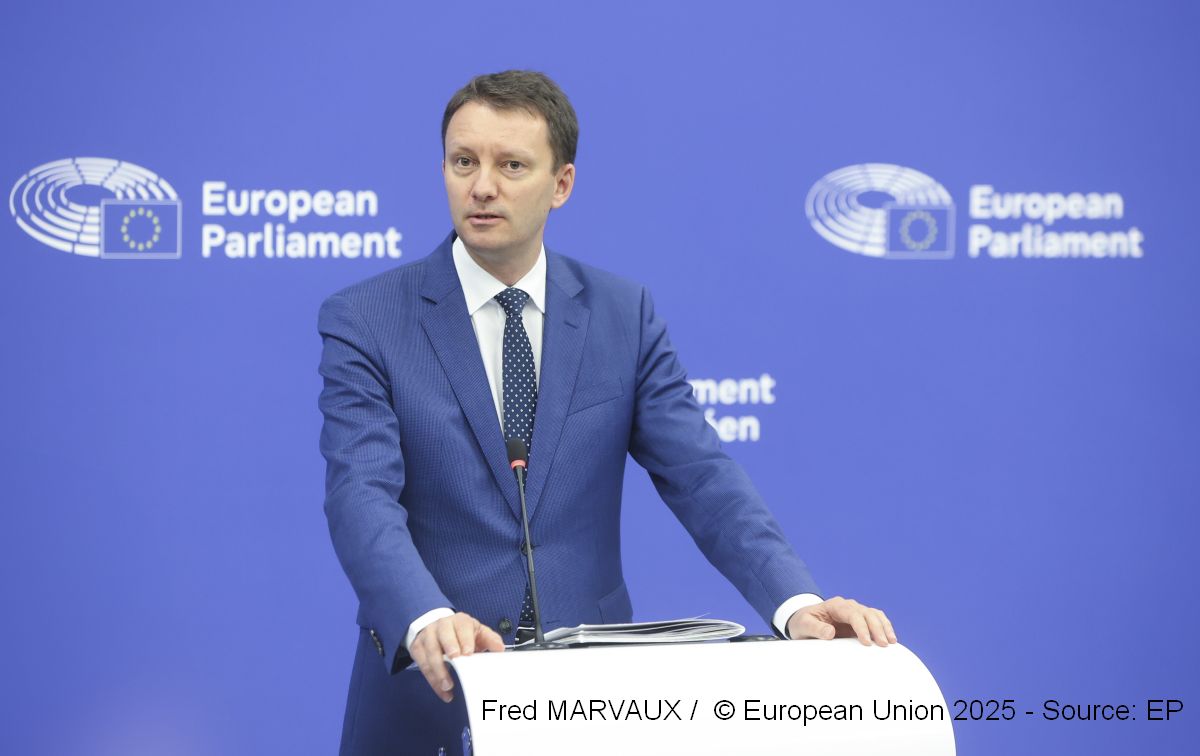Romanians and the westward direction
A new INSCOP survey shows Romanians’ attachment to NATO and the European Union.

Daniela Budu, 22.01.2025, 13:50
A new INSCOP survey shows Romanians’ attachment to NATO and the European Union.
Although Romania is going through a period of deep social dissatisfaction and frustration, these are not related to citizens’ attachment to NATO and the European Union. An INSCOP study, published on Tuesday, shows that 90% of Romanians reject the idea of leaving NATO, a record level of adherence to the North Atlantic Organization. According to the research, based on data collected at the end of last year, in the last three years there has been a 10% increase in Romanians’ adherence to the Westward direction as regards political and military alliances. However, over half of respondents feel exposed to disinformation and fake news through television channels and social networks. At the same time, more than three quarters say that their voting options in the latest elections were affected by this phenomenon.
Referring to the survey figures, INSCOP director Remus Ştefureac believes that what is happening now in Romania “has nothing to do with a decrease in Romanians’ adherence to the Euro-Atlantic world, but rather with internal problems, economic and social problems, problems related to the lack of trust in the political class and their integrity, lack of professionalism, the feeling of things being arranged so that a certain party wins”. According to him, these “are internal issues that are related to our internal debate, they are not topics related to the way Romanians relate to the Euro-Atlantic world”.
The survey also shows that, for almost three-quarters of respondents, Romania’s EU membership is seen as an advantage in terms of effects on economic and social life, on family and personal life. Three years ago, only 55% of Romanians believed this. At the same time, 88% say that Romania should remain in the EU, and 78% that the country’s economic future depends on EU membership. Three years ago, a quarter of the population said that Romania would be better off leaving the Union. Currently, over half of Romanians believe that the country should put national interests first, even if this means violating EU rules.
The survey also shows that over half of Romanians believe that the authorities act more in the interests of other countries, that the economy is controlled by foreigners, that the state helps multinational companies more than Romanian companies, or that there is an agreement between richer countries to keep Romania in poverty. At the same time, over 60% of Romanians say that they are seen as lower-ranking citizens in Europe, but that Romania is culturally superior to Western countries. The research concludes that 69% of those surveyed would vote for a nationalist party or a nationalist candidate in the presidential elections. The research is considered one of the most relevant published by INSCOP in recent years, providing a clear understanding of social discontent and the elements influencing Romanians’ perceptions in the current geopolitical context.






























